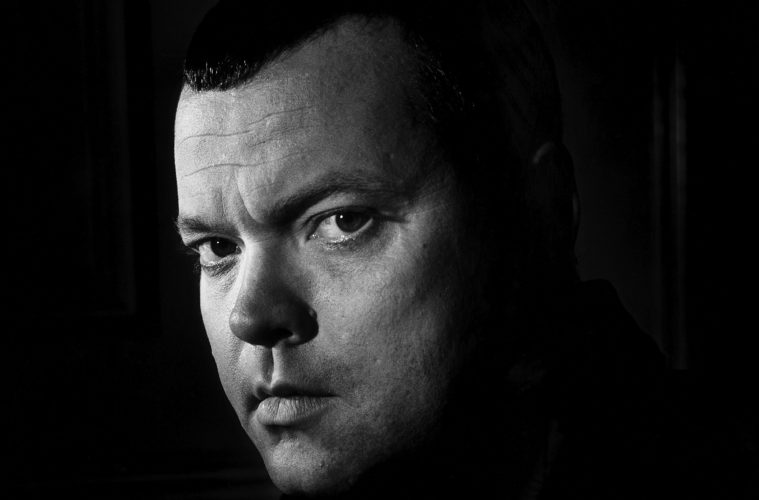There are a handful of quotes from Orson Welles on the subject of Charlie Chaplin; few of them are nice. In Henry Jaglom’s My Lunches with Orson, he noted that the silent-cinema icon was both “deeply dumb in some ways” and a thief, having supposedly stolen his entire screenplay for Monsieur Verdoux and passing it off as his own. Oh, and Modern Times “doesn’t have a good moment in it.”
Not that one needs to like everything an artist makes (or does, for that matter) to consider just one work a supreme endeavor. A truism, sure, but nevertheless one that could explain how, exactly, City Lights found itself at the top of a favorites list Welles had composed sometime in the early ’50s. Less surprising are inclusions such as Grand Illusion (his love of Renoir — and the inspiration he took from him — is well-documented) and Stagecoach, which he’d watched ad nauseum in preparation for Citizen Kane. This list belongs to the most influential of auteurs whose top-ten lists we’ve focused on, which also means that a lesser-seen picture (e.g. Vidor and Pagnol) requires some investigating. And now you can get started! We’ve embedded trailers or, when available, complete streams for all ten titles. [Open Culture]
1. City Lights (Charlie Chaplin)
2. Greed (Erich von Stroheim)
3. Intolerance (D.W. Griffith)
4. Nanook of the North (Robert Flaherty)
5. Shoe Shine (Vittorio De Sica)
6. The Battleship Potemkin (Sergei Eisenstein)
7. La Femme du Boulanger (Marcel Pagnol)
8. Grand Illusion (Jean Renoir)
9. Stagecoach (John Ford)
10. Our Daily Bread (King Vidor)

